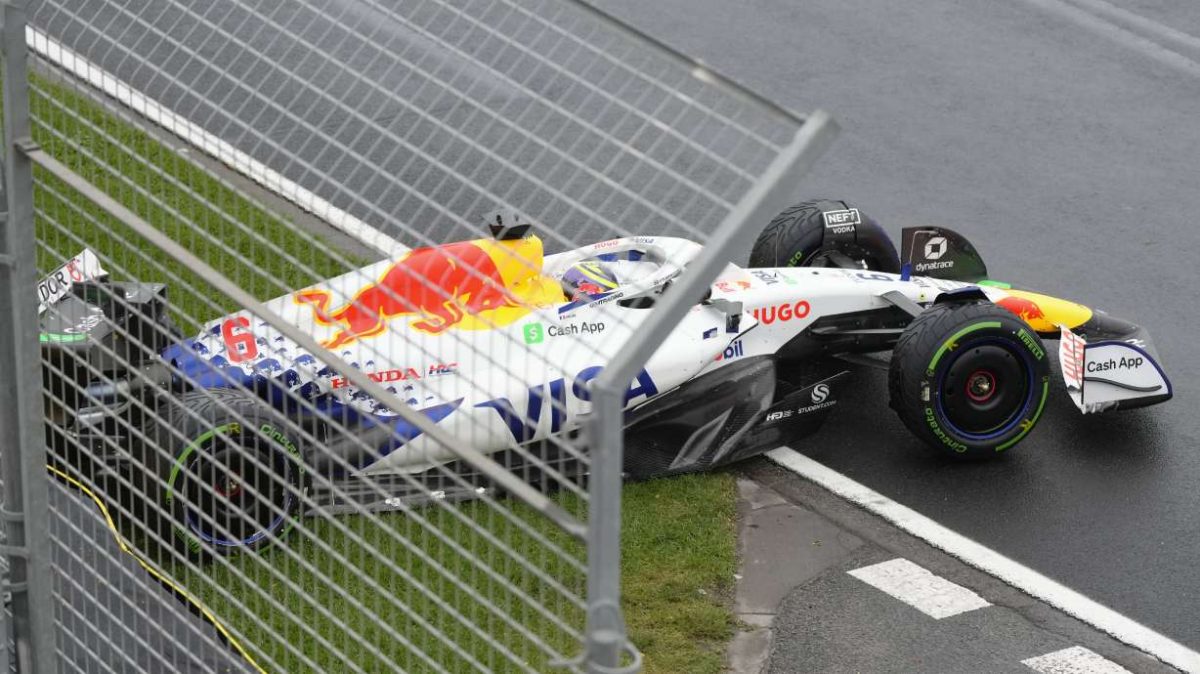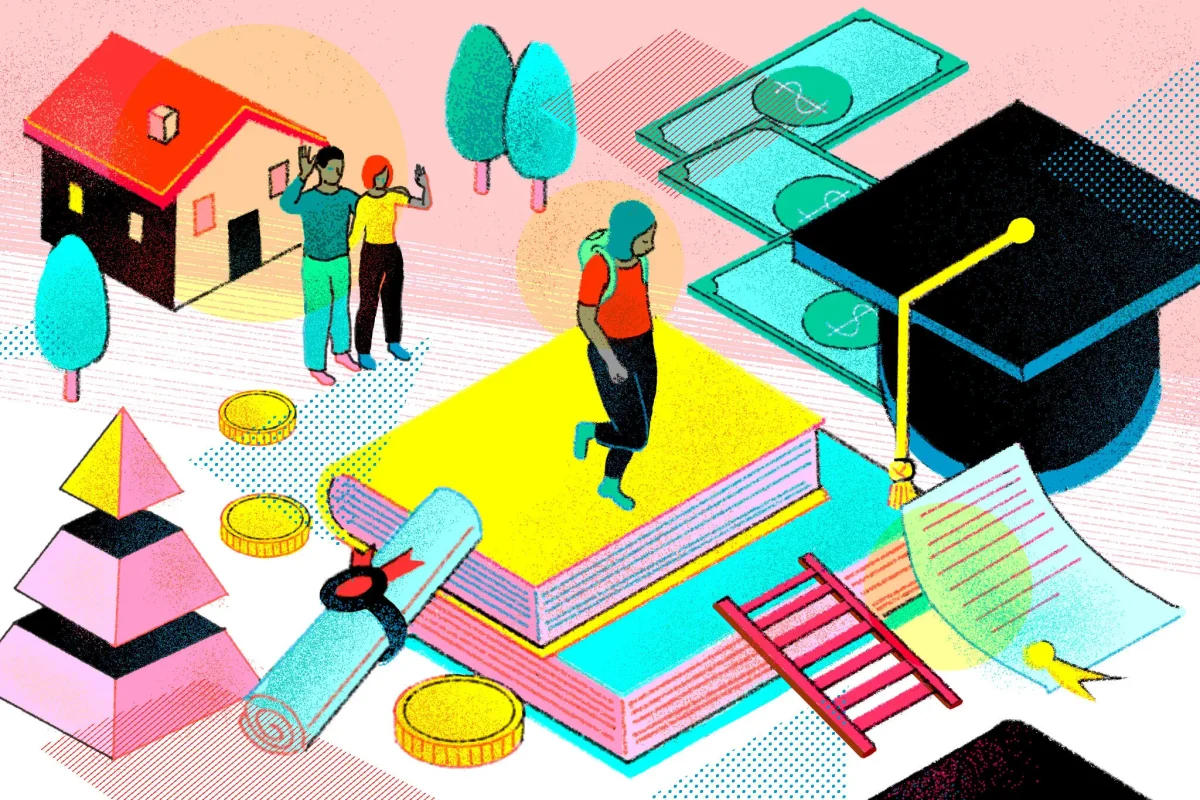Though unfortunate, many take for granted what is right in front of them. However, since the holidays are approaching and it is time to celebrate the blessings over the past year, I would like to address how gratitude may better help your self-esteem and mental health in the long run.
First what is gratitude? It is the awareness of the good things in your life. Yes, we can all agree that life can be difficult, and once it becomes stressful we instantly react negatively towards our surroundings. We say things we may not mean and damage relationships only because we choose poor words or act out of character.
According to Chopra, comparing ourselves to others, being lost in the past or overly focused on the future, getting caught up in fear of being mocked, or being seen as inauthentic are leading reasons as to why we depreciate our lives and the people around us. Yet, if you take a step back and realize that there are others who may be in worse situations, you’ll learn to be thankful for what you have.
Achieving gratitude and your own definition of happiness comes with many benefits. A possible theory from The Science and Research on Gratitude and Happiness is that gratitude moves people to experience more positive emotions by thoroughly enjoying the good experiences, better their health, facing adversity, in order to develop and maintain relationships through strength.
Further study by Chopra depicts that gratitude increases dopamine levels. This neurotransmitter plays an important role in many vital functions such as pleasure, reward, motivation, attention, and bodily movements. When gratitude is expressed the brain releases dopamine which also increases the experience and duration of happy thoughts or positive emotions.
Further, dopamine greatens the activity in the medial prefrontal cortex which is the area in the brain linked to decision making. Researchers from Chopra ran a scenario with two separate groups, the first group was assigned to think of the most recent time they felt grateful and the second was told to express aloud a time they were grateful. The group’s brains were scanned and showed there was activity in the medial prefrontal cortex when subjects expressed gratitude which was different from the brain activity seen when the subjects were feeling grateful but didn’t express it.
Gratitude also activates the brain’s “altruism” or reward system regions. This is called the ventromedial prefrontal cortex (VMPFC)— meaning your brain craves the experience of giving. Researchers concluded that “gratitude biases the brain’s reward system toward rewards for others versus oneself.” By giving, you become more likely to want to connect with others by giving again in the future.
There are multiple ways we are able to express gratitude. One of the ways is by keeping a journal. With each day that passes, write in three things you are grateful for and you’ll notice a different sense of appreciation towards them
Another option is to simply express your gratitude to someone. Although it can be difficult to express your feelings let alone say them, you can trust that they would appreciate your care for them in more ways than you’d ever know.















Anaya • Jan 19, 2024 at 10:36 am
This article reminds us to never take gratitude for granted and different ways we can show gratitude in daily life. This is something very important in today’s world that many take for granted.